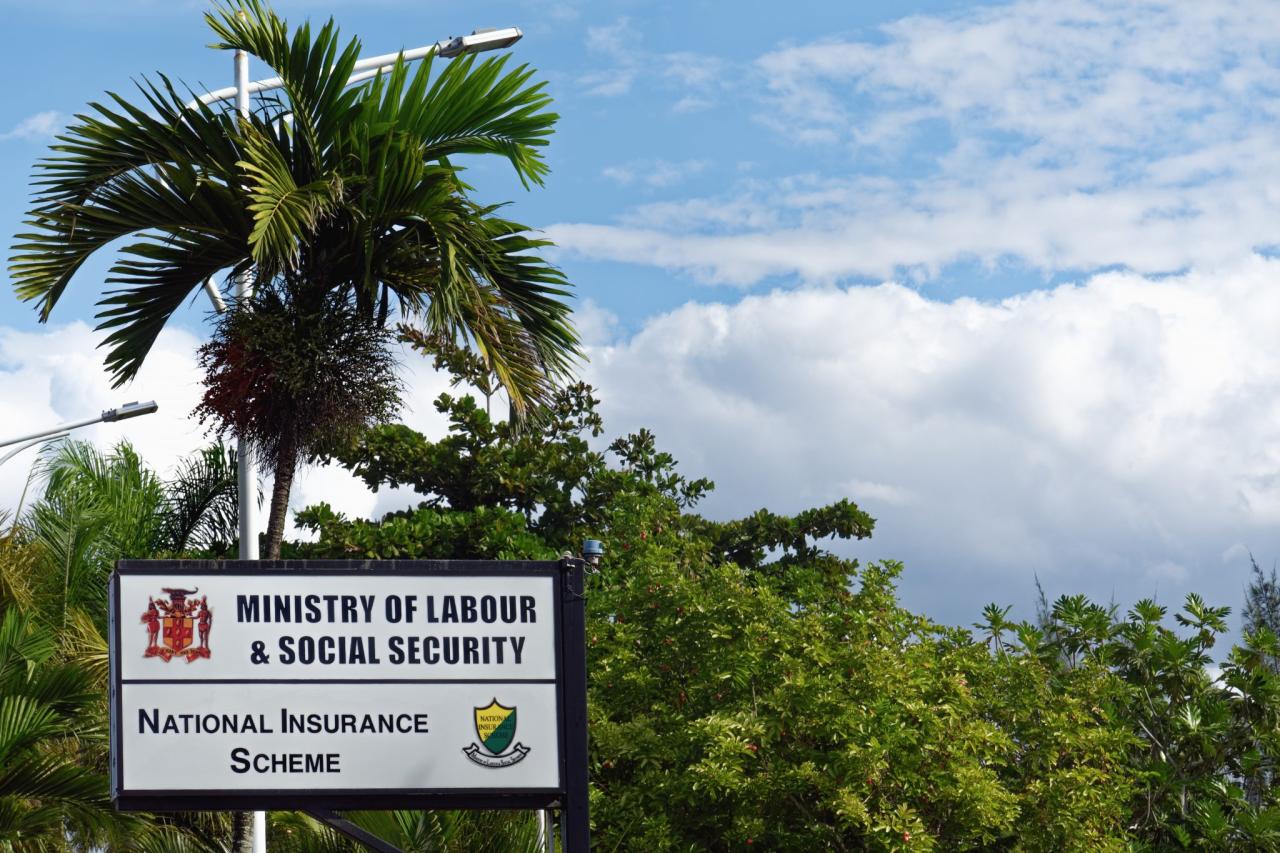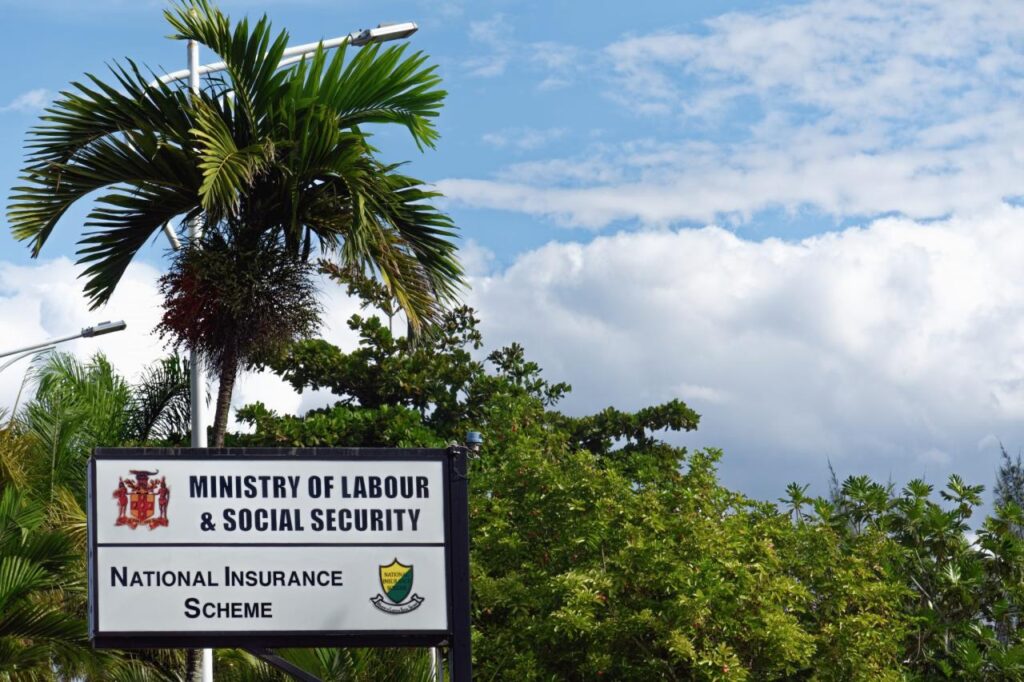Introduction

The National Insurance Scheme (NIS) in Jamaica is a social security program that provides income support to eligible individuals in the event of certain contingencies, such as old age, disability, or death. The scheme is mandatory for all employed persons in Jamaica, and it is also open to self-employed individuals.
The NIS was established in 1965 with the primary purpose of providing income security to workers in the event of retirement or disability. Over the years, the scheme has been expanded to include other benefits, such as survivor’s benefits and funeral grants.
Objectives of the NIS
The objectives of the NIS are as follows:
– To provide income support to eligible individuals in the event of old age, disability, or death.
– To promote social justice and equity by ensuring that all Jamaicans have access to a basic level of income security.
– To contribute to the economic development of Jamaica by providing a stable source of income for retirees and disabled persons.
Benefits of the NIS
The National Insurance Scheme (NIS) provides a range of benefits to Jamaican citizens, offering financial support during various life events.
Types of Benefits
The NIS offers several types of benefits, including:
– Retirement pension: A monthly payment to individuals who have reached retirement age and have made sufficient contributions.
– Disability pension: A monthly payment to individuals who have become disabled and are unable to work.
– Survivor’s pension: A monthly payment to the spouse or children of a deceased insured person.
– Funeral grant: A lump sum payment to cover the funeral expenses of an insured person.
– Sickness benefit: A weekly payment to individuals who are unable to work due to illness.
– Maternity benefit: A weekly payment to insured women who are on maternity leave.
Eligibility Criteria
The eligibility criteria for each benefit vary, but generally require the individual to have made sufficient contributions to the NIS. For example, to qualify for a retirement pension, individuals must have made contributions for at least 10 years.
Examples of NIS Benefits
The NIS benefits Jamaican citizens in numerous ways. For instance, the retirement pension provides financial security for individuals in their later years, allowing them to maintain their standard of living. The disability pension offers support to those who are unable to work due to a disability, ensuring they have a source of income. Additionally, the survivor’s pension provides financial assistance to families who have lost a loved one, helping them cope with the financial burden of funeral expenses and ongoing living costs.
Contribution to the NIS
To ensure the sustainability of the NIS and the provision of benefits to its members, contributions are required from both employers and employees.
There are two main types of contributions made to the NIS:
Employer Contributions
- Employers are required to contribute 5% of their employees’ gross earnings to the NIS.
- These contributions are deducted from the employee’s salary and paid directly to the NIS by the employer.
- Employer contributions are used to fund the payment of benefits to employees, such as old-age pensions, disability benefits, and survivor benefits.
Employee Contributions
- Employees are required to contribute 3% of their gross earnings to the NIS.
- These contributions are deducted from the employee’s salary and paid directly to the NIS by the employer.
- Employee contributions are used to fund the payment of benefits to employees, such as old-age pensions, disability benefits, and survivor benefits.
The process of making NIS contributions is relatively straightforward. Employers are required to register with the NIS and obtain a NIS registration number. Once registered, employers are required to submit monthly contribution returns to the NIS, along with the corresponding contributions.
Employees do not need to register with the NIS directly. Their contributions are deducted from their salary by their employer and paid to the NIS on their behalf.
It is important to note that both employers and employees are legally obligated to make NIS contributions. Failure to make NIS contributions can result in penalties and legal action.
Administration of the NIS
The National Insurance Scheme (NIS) in Jamaica is administered by the National Insurance Scheme Trust (NIST), a statutory body established under the National Insurance Act.
The NIST is responsible for the overall management and operation of the NIS, including the collection of contributions, payment of benefits, and maintenance of records.
Dispute Resolution
Disputes related to the NIS are initially handled by the NIST. If a dispute cannot be resolved through internal channels, it may be referred to the Industrial Disputes Tribunal (IDT) for adjudication.
Challenges and Opportunities
The National Insurance Scheme (NIS) in Jamaica faces several challenges that hinder its effectiveness and sustainability. One significant challenge is the increasing number of pensioners relative to the working population. As the population ages, the ratio of pensioners to contributors decreases, putting a strain on the scheme’s financial resources.
Another challenge is the high level of informality in the Jamaican labor market. Many workers are employed in the informal sector, which means they do not make regular NIS contributions. This reduces the pool of contributors and the overall revenue generated by the scheme.







